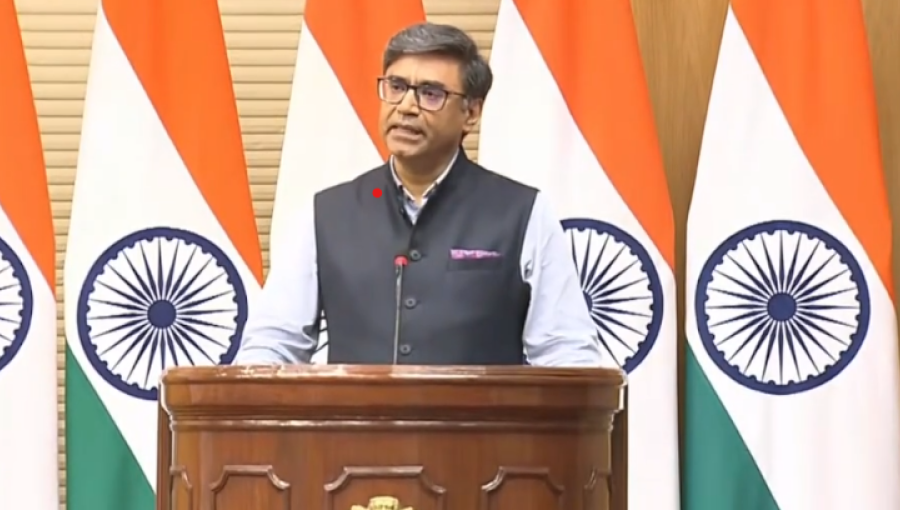India-Pakistan Ceasefire: Tensions Rise After Agreement Violation
In a critical development, Prime Minister Modi convened a high-security meeting with top military and defense officials in response to recent violations of the ceasefire agreement by Pakistan. What does this mean for regional stability? Read on for insights.

The recent ceasefire agreement between India and Pakistan, aimed at reducing tensions in the region, has already been shaken by violations from the Pakistani side. Following these events, Prime Minister Narendra Modi held an important meeting with key figures in the Indian defense establishment, including the Defense Minister, National Security Advisor (NSA), and the Chiefs of Staff from the three armed services. This meeting signifies the Indian government’s serious concerns regarding the ongoing security situation.
Ceasefire Understanding and Violations
Despite the optimistic intentions behind the ceasefire understanding, reports indicate that Pakistan breached the agreement just hours after it was announced. This has understandably caused unease within Indian leadership circles. Vikram Mistry, the Indian Foreign Secretary, addressed the situation late in the evening at the Ministry of External Affairs (MEA) headquarters, underscoring the seriousness of the violation. Although the border has remained largely peaceful since the understanding was reached, the situation remains fluid, and tensions are palpable.
Historical Context and Current Sentiment
The backdrop of this situation is not lost on Indian officials, who recall past betrayals by the Pakistani establishment, including during the 2019 Kargil conflict. Such historical precedents underpin the skepticism surrounding any agreements made with Pakistan. The strategic messaging from Indian officials, particularly Defense Minister Rajnath Singh, has been clear: India will not tolerate cross-border terrorism, and any attempts at aggression will be met with a robust response.
The Road Ahead
The evolving dynamics of India-Pakistan relations necessitate cautious vigilance. The Indian leadership's response to these recent developments will be pivotal in determining the trajectory of future engagements with Pakistan. As the situation unfolds, India's commitment to national security and regional stability remains unwavering, with a focus on maintaining peace while being prepared for any eventualities.
Conclusion
As tensions simmer following the violation of the ceasefire agreement by Pakistan, the Indian government remains on high alert. The recent high-level meeting reflects the seriousness with which India views its security concerns. Moving forward, the actions of both nations will be closely monitored as the fragile peace hangs in the balance. The international community will also be watching to see how these developments unfold and what implications they may have for broader regional stability.
Stay informed with us for the latest updates on the India-Pakistan situation and its implications for security in the region.
What's Your Reaction?














